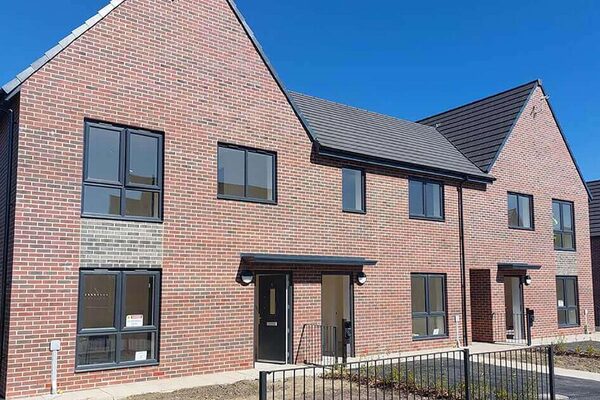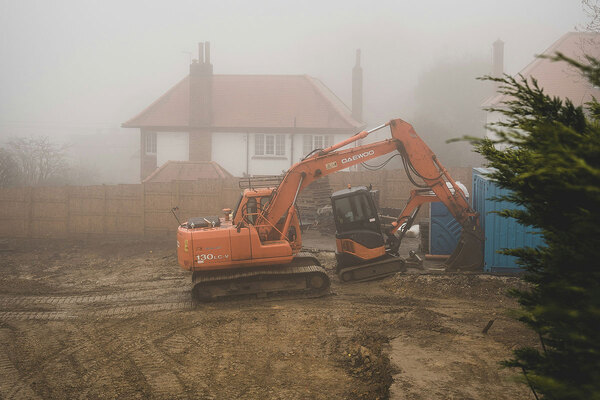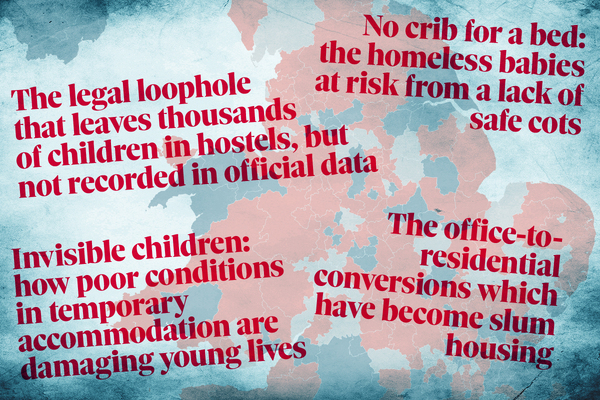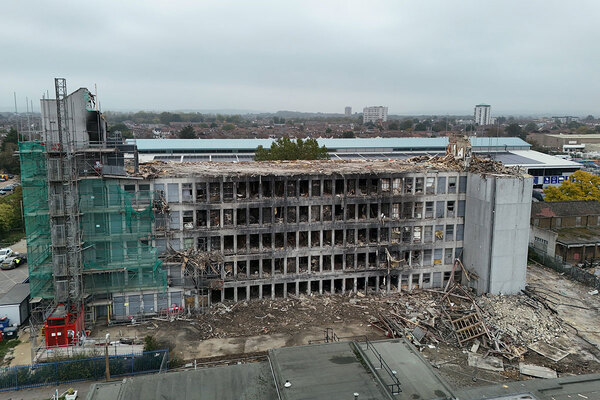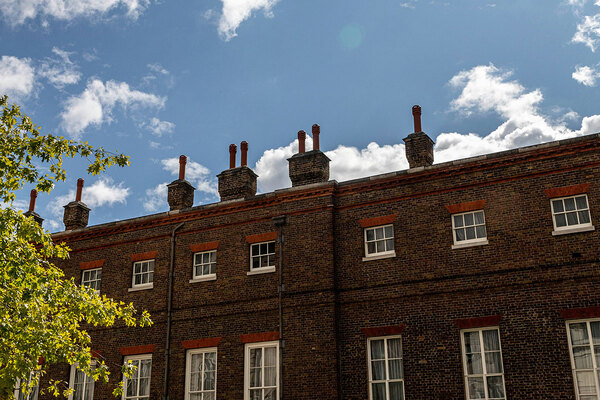You are viewing 1 of your 1 free articles
NEF calls for Right to Buy to be devolved after new research reveals impact on housing crisis
A thinktank has called for Right to Buy to be devolved after researchers provided an update on how many homes sold under the policy are now in the hands of private landlords.
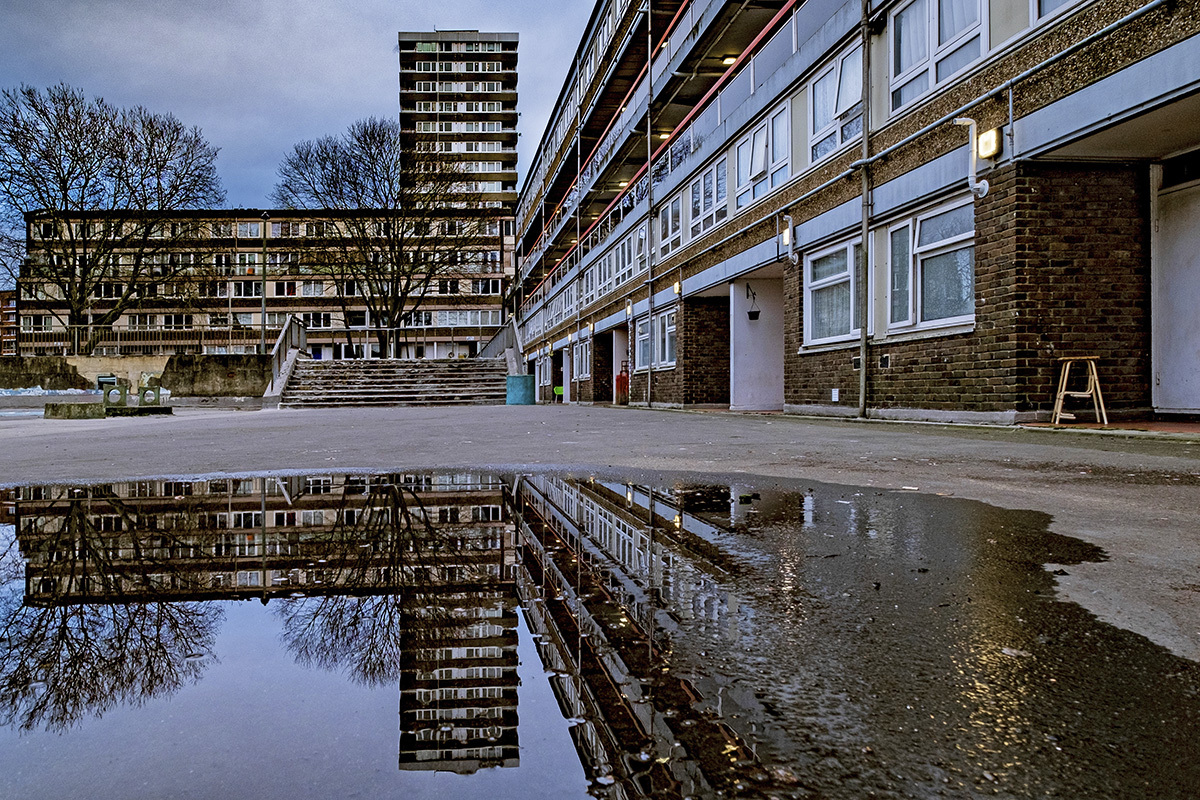
Freedom of Information requests sent by the New Economics Foundation (NEF), the independent thinktank, revealed that 41% of all homes sold off under the policy are now being let on the private market.
The number of Right to Buy homes now in the private rented sector has risen by 3.2 percentage points since 2014-15, meaning around 109,000 more former council homes are being let privately compared with a decade ago.
Inside Housing got the first data on the issue in 2015, when it found 37.6% of ex-council homes in England were being rented privately. It repeated the investigation in 2017, by which point 40.2% of homes were being let on the private market.
In its report, the NEF said the scheme has been “a major contributing factor to the UK’s housing crisis”.
Since the scheme’s introduction in 1980, the proportion of social renters has almost halved, from 31% of English households to 16% in 2022-23, according to the English Housing Survey.
Tenants who previously would have been housed in social homes were now “forced to rely on expensive, insecure and often poor-quality” private rented homes, the NEF said.
As well as depleting the availability of genuinely affordable homes, the report said Right to Buy was “increasingly failing to achieve its stated goal” of increasing homeownership.
This is because, between 2014-15 and 2022-23, the number of additional homes sold under Right to Buy (119,000) was “broadly similar” to the number of additional former council homes being let privately (109,000).
The research also highlighted local authorities where there is a particularly high percentage of Right to Buy homes on the private rented market now. In Brighton, 86% of homes sold are being rented privately, while 73% of homes sold in Milton Keynes and 59% of homes sold in Dover are now being rented privately.
By forcing councils to sell homes at large discounts, the report argued Right to Buy has had a “chilling effect” on local authorities’ ability to build new council homes.
It recommended devolving powers over Right to Buy from Westminster to councils, including giving them the ability to suspend it where it can be demonstrated that the policy is contributing to affordable housing shortages.
Councils should also be given the power to end Right to Buy for newly built or acquired homes, prevent sold homes from being let in the private rented sector, and reduce discounts and extend qualifying periods, the NEF said.
Hollie Wright, assistant researcher at the NEF, said: “While many have benefited from it, we need to be honest about the devastating impact the Right to Buy scheme has had on our housing system.”
She added: “It’s time to give local councils the powers they need to reverse the damage Right to Buy has done in their communities and give them the tools to tackle the housing crisis.”
Conor O’Shea, policy and public affairs manager at Generation Rent, the campaign group, said: “It is no surprise that the haemorrhaging of homes from the social sector to the hands of private landlords has been a failure for those who actually live there.
“In order to address the crisis in renting, we must keep homes in the social sector, and give councils the ability to build many more, to properly cater for the needs of the people who desperately need affordable and safe homes that are not being provided by private landlords,” he said.
Shadow housing minister Matthew Pennycook said: “We must do more to protect our existing and future social housing stock.
“A Labour government would reduce the overgenerous Right to Buy discounts introduced in 2012 and strengthen protections for newly built social rented homes.”
A Department for Levelling Up, Housing and Communities spokesperson said: “Right to Buy has helped over two million social housing tenants to become homeowners. Local authorities can use money from sales and preferential borrowing rates to build new homes.
“Through our long-term plan for housing we are building the homes the country needs – with over 696,100 new affordable homes, including 172,600 for social rent, built since 2010.”
Sign up for our Council Focus newsletter
Already have an account? Click here to manage your newsletters
